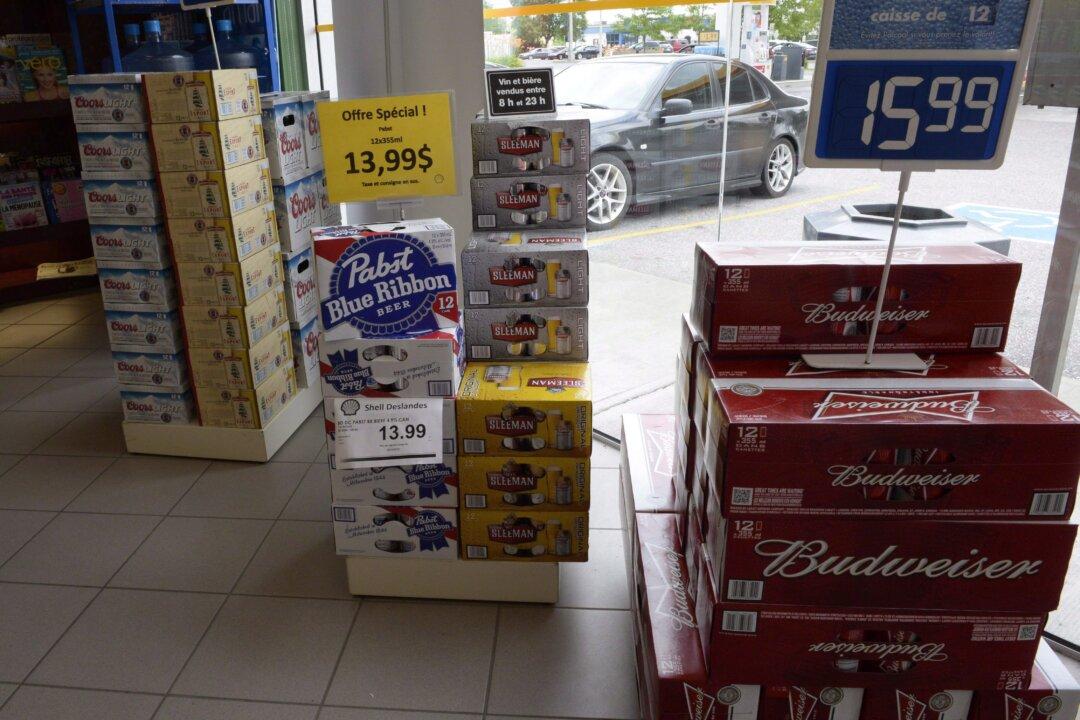CAMPBELLTON, N.B.—A court case on whether a man from New Brunswick can legally buy cheaper cases of beer in Quebec delved into Canadian history Wednesday, Aug. 26, hearing from a constitutional expert on the intention of the Fathers of Confederation regarding free trade between the provinces.
“The law that bans people from bringing beer across the border from Quebec to New Brunswick is a travesty of what the Fathers of Confederation wanted,” said Andrew Smith, a professor of political history at the University of Liverpool in England.
“The Fathers of Confederation wanted a comprehensive economic union. They wanted unfettered trade between the provinces.”
Smith is considered the key defence witness in the case of a New Brunswick man charged with illegally importing alcohol from Quebec.
Gerard Comeau of Tracadie is fighting the charge on constitutional grounds.
An agreed statement of facts says he was caught in October 2012 with 14 cases of beer and three bottles of liquor that he had bought in nearby Pointe-a-la-Croix.
The New Brunswick Liquor Control Act limits anyone from having more than 12 pints of beer not sold by a provincially licensed liquor outlet.





